6 foods to eat to reduce bloating
By naturopath Margaret Jasinska
Abdominal bloating is a common problem. It’s uncomfortable, it’s annoying and it can be embarrassing. Many of our patients tell us they almost need to change clothes half way through the day, as their abdomen expands. It starts off relatively flat in the morning and grows larger during the day.
Most cases of abdominal bloating are due to digestive problems. Food sensitivities, digestive enzyme insufficiency, stomach acid and bile insufficiency are very common, especially in people who are stressed, anxious or only have a short amount of time in which to eat a meal. Small intestinal bacterial overgrowth (SIBO) is another common cause. People with this condition are essentially gas factories. BactoClear capsules can help relieve bloating, indigestion and medically diagnosed irritable bowel syndrome.
Occasionally abdominal bloating can be caused by a more serious condition such as ovarian cancer. Therefore it’s always best to consult your doctor for a correct diagnosis before assuming you know the cause of your health complaint.
Bloating is often accompanied by other unpleasant symptoms such as flatulence or abdominal cramps. Some people experience altered bowel habits; sometimes they are constipated and other times they have diarrhoea. This just compounds the discomfort. Chronic digestive discomfort can be very stressful. It can make it hard to concentrate on your work or study, and it can be especially stressful if your job involves frequent travel.
Here are 6 foods to include in your diet to minimise abdominal bloating:
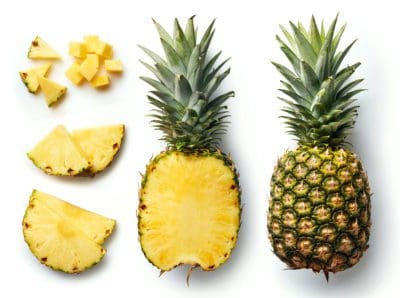

1. Pineapple
Pineapple contains the enzyme bromelain, which assists digestion of protein rich foods like meat, seafood and poultry. A lot of people avoid eating fruit after a meal because it makes them bloated. This is usually due to the high fructose content of most fruits. Pineapple is different; it can actually settle down your tummy and make you feel more comfortable after a meal; especially a large meal in the evening.
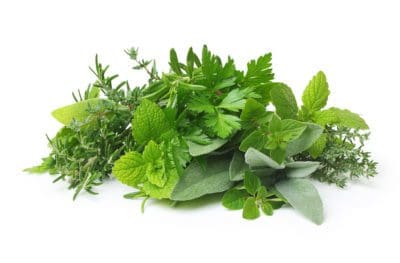

2. Fresh herbs
Herbs such as parsley, basil, rocket, coriander and dill. All of these herbs are easily digested. They are low FODMAP and do not contain tough fibres that can cause indigestion. The essential oils in these herbs help to settle mild abdominal cramps.
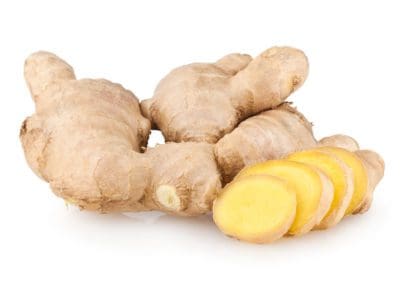

3. Ginger.
A homemade cup of ginger tea after a meal is wonderfully soothing for people with irritable bowel syndrome. It is particularly comforting to have a cup after dinner in winter. Grate a teaspoon of fresh ginger on the finest setting and put it in a mug. Pour over boiling water and you’ll have ginger tea. Ginger is also fantastic for nausea and burping.
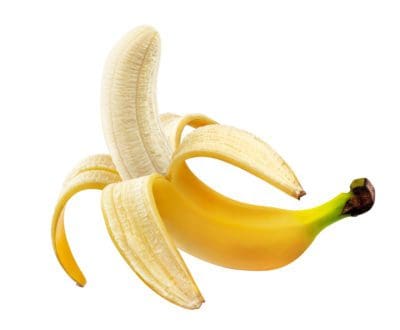

4. Bananas
Bananas are high in potassium and vitamin B6, both of which help to remove excess fluid from the body. They are especially helpful for reducing the abdominal bloating that occurs for women immediately before and during menstruation. Bananas are a low FODMAP fruit, so are well tolerated by most people with irritable bowel syndrome. They contain a type of beneficial compound called resistant starch. Good bacteria in the colon consume the resistant starch and produce butyric acid. This helps to nourish the lining of the colon and improves digestion.
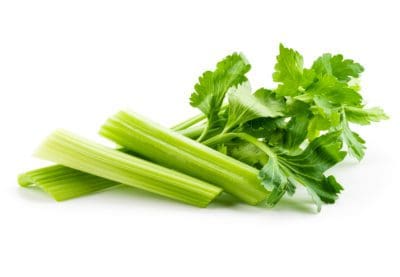

5. Celery
Celery is a well known diuretic. It helps to reduce fluid from all over the body. Celery is a great inclusion in vegetable juice because it’s so watery that you obtain a lot of juice from it, and it has a very low carbohydrate content compared to vegetables like carrots and beetroot.
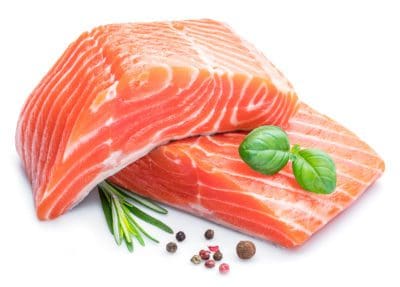

6. Seafood.
Grilled fish with salad, or baked fish with steamed vegetables are easily digested meals that help to minimise digestive problems or bloating. Seafood is high in protein and very satiating, and much more gentle on your digestive system than red meat, which causes discomfort for a lot of people.
Find out more in our book “Healing Autoimmune Disease“.






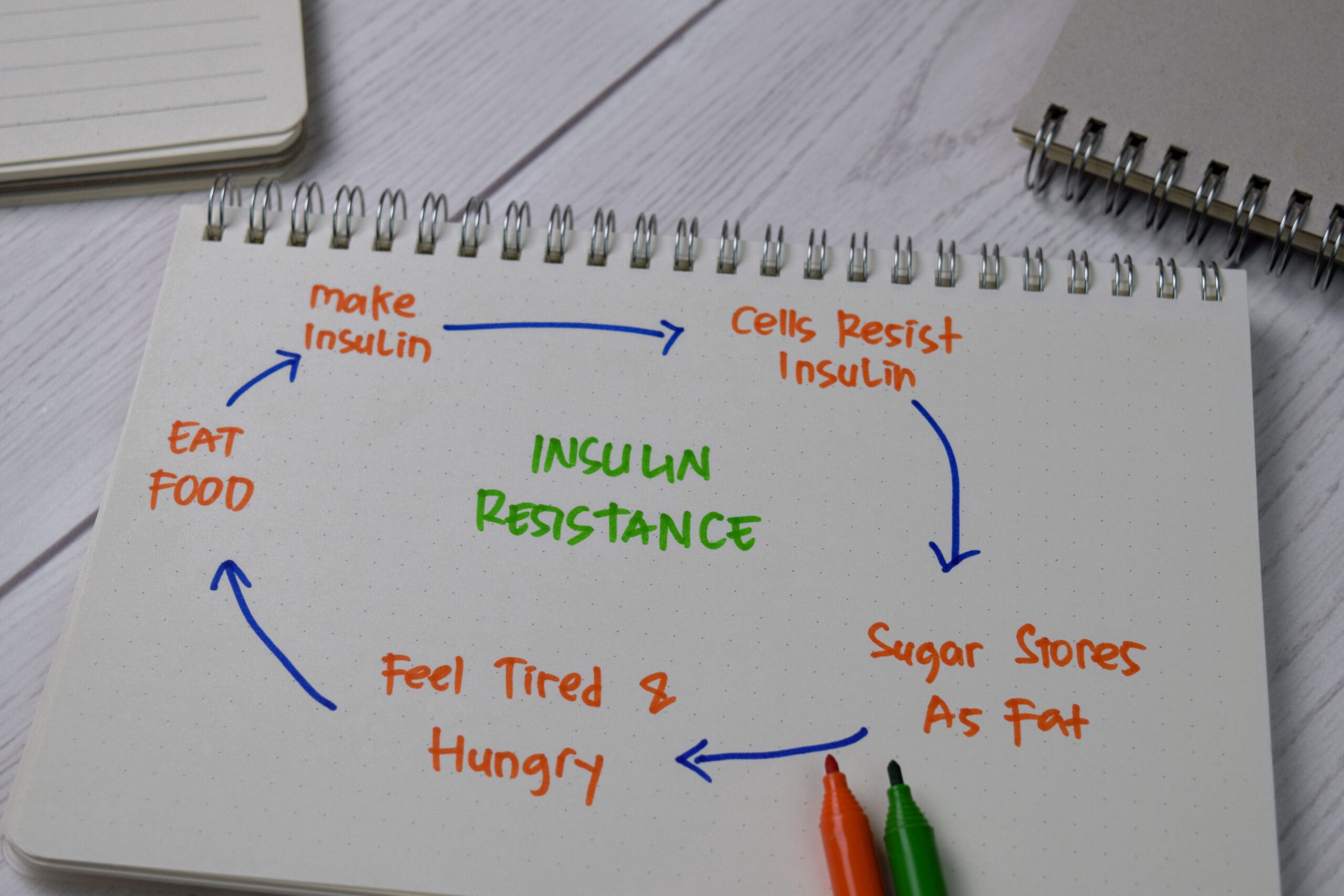


Leave A Comment